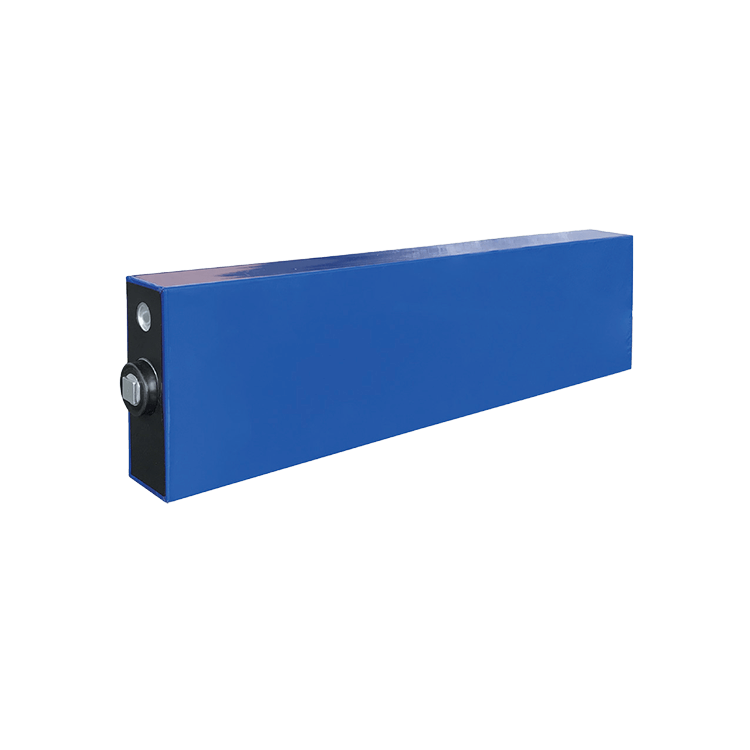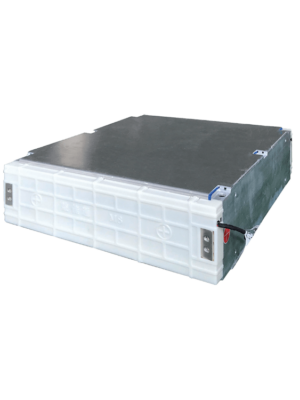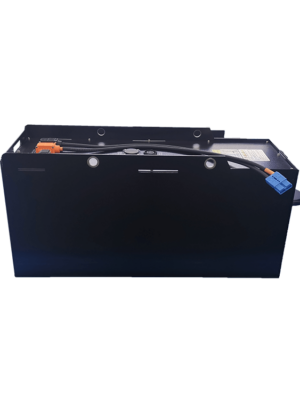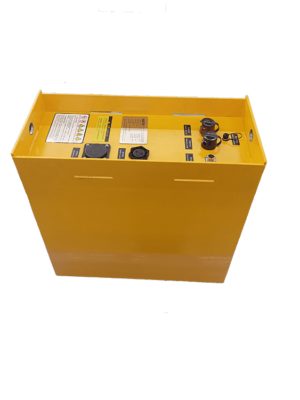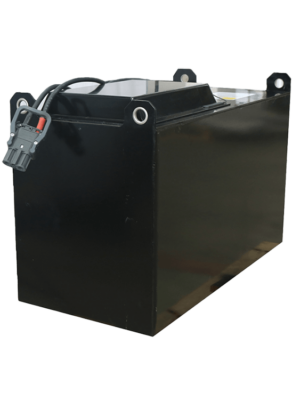3.2V Lithium Battery Cell2
• 3.2V lithium battery cells are typically used in series to meet the voltage requirements of specific equipment such as forklifts, electric vehicles (EVs), or utility vehicles. A single 3.2V cell does not provide enough voltage for most applications, so it is important to verify your equipment’s power requirements before proceeding.
• Always check with the equipment manufacturer to ensure compatibility with lithium batteries before installing them. Provide the cell specifications to the manufacturer so they can determine if the components will function properly, and follow any recommendations they provide.
• Choose high-quality 3.2V lithium battery cells that are specifically designed for use in electric vehicles, utility vehicles, or other industrial equipment. Lesser quality lithium cells may lack the necessary power, durability, or safety features required for these applications.
• Work with the lithium cell supplier to determine the number of cells needed in series to meet your equipment’s voltage and capacity demands. The Ah rating of the cells and the number used in series will determine the total runtime provided. Higher-voltage, high-powered systems will require more cells.
• The 3.2V lithium cells must be equipped with a Cell Monitoring System (CMS) to monitor voltage, temperature, and charge for safety when placed in series. The CMS helps prevent issues such as cell imbalance, overcharging, deep discharging, or overheating of cells.
• Check if your existing high-voltage charger is compatible with a lithium battery pack made of 3.2V cells, or if a new lithium-specific charger is required. The charger must provide balanced charging to all cells in series and shut off based on the specifications of the CMS. An imbalanced or incompatible charger could damage cells or reduce their lifespan.
• Be aware that switching from a lead-acid to a lithium battery made of 3.2V cells could potentially void equipment warranties or require recertification of the system. Consult your equipment dealer to understand any impacts on warranty, service contracts, or licensing.
• Choose a cell size and capacity that meets your power demands. Common lithium cell sizes include 18650, 26650, 32700, and pouch cells. Higher capacity cells will require more space but provide longer run times. Ensure that the cell dimensions fit properly within the battery enclosure.
• For optimal performance, look for LiFePO4 (Lithium Iron Phosphate) lithium cell chemistry, which offers a good balance of energy density and safe operation. Other lithium types like Li-NMC (Lithium Nickel Manganese Cobalt Oxide) may lack stability or have shorter lifespans, especially if cells overheat or are overcharged. LiFePO4 is a safer and more stable option for most users.
• The cell should be designed for repetitive charge and discharge cycling. Power cell options are best suited for vehicles/mobility, while energy cells are suitable for stationary uses. The cell needs to withstand operating conditions such as weather exposure, vibrations, or temperature extremes, depending on the intended use.
• The cell must include built-in safety mechanisms like shutdown separators, pressure relief vents, and safe electrolyte formulations. These features help prevent overheating, short circuits, fires, or explosions in case of cell damage or charging issues when in series.
• Consider using a Cell Balancing System (CBS) when using 3.2V cells in series. A CBS actively monitors all cell voltages and draws small currents to keep voltages balanced during discharge and charge. This helps maximize performance and lifespan of the overall battery pack.
• Check if permits, licenses, or certifications are required for the use of lithium cells in the capacities and locations you intend to use them. Regulations regarding the transportation, handling, and disposal of lithium batteries vary significantly between countries and regions.
• Lithium cells require special shipping procedures and notifications. Ensure that any supplier you choose follows all dangerous goods transport regulations to ensure the safe delivery of lithium battery cells.
• Pricing for 3.2V lithium cells can vary depending on the brand, chemistry, capacity, and quality. Cheaper cells from certain regions may lack consistency or safety standards. Reputable manufacturers typically charge more for higher quality cells suitable for commercial and industrial use.
